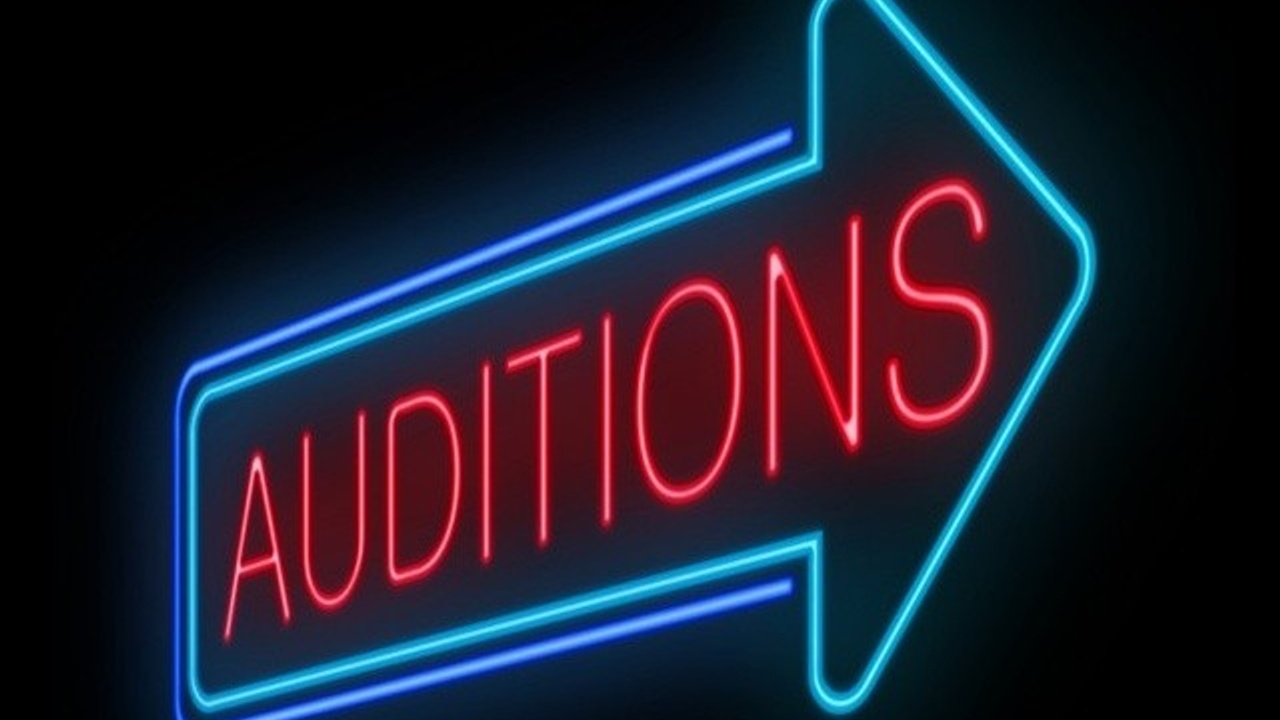
Audition Day is Here!
By Nate Paul
In our last blog post, we covered how to prepare a song for a musical theatre audition. If you haven’t read it yet, be sure to check it out here before diving into audition day logistics. Today, we’re walking you through everything you need to know for a standard musical theatre audition—from before you step into the room to after you leave.
Pre-Audition Preparation: What to Do Before the Big Day
The big day has arrived! You’ve prepared thoroughly and gathered all the necessary materials: headshots, resumes, sheet music, karaoke tracks, audition attire, and water. Now, let’s focus on what you should do to show up as your best self.
1. Plan Ahead
- Review audition details and double-check your materials.
- Dress in clothes that make you feel confident—but avoid anything ripped or overly worn.
- Double-check your audition time and arrive early. In theatre, “on time is late, and late is fired.”
2. Fuel Your Body
Audition nerves are tough enough without low blood sugar! Eat something light and nutritious 1–2 hours before your audition. A banana, peanut butter crackers, or a handful of almonds can help you feel steady and focused.
3. Stretch and Warm Up
- Stretch lightly to release tension in your neck, abdomen, and legs.
- Warm up your voice gently. Over-warming can lead to vocal fatigue before you even start! Save your best notes for the panel.
- Use this time to center yourself with mindful breathing or meditation.
4. Be Punctual and Professional
Upon arrival, you’ll likely sign in, fill out an audition form, and possibly receive a number. Be honest on your audition form—list only the roles you’re genuinely interested in. Integrity is key!
5. Kindness Matters
Your audition starts the moment you walk into the building. Artistic staff often observe how performers treat others in the waiting area. Be courteous, positive, and collaborative. Theatre is a team effort, and panels value performers who are as kind as they are talented.
The Audition: Shine Like a Star
Now, it’s time to step into the audition room! Here are tips to help you make the most of your singing audition:
1. Walk in with Confidence
The audition panel wants you to succeed! They’re rooting for you, so walk in knowing they’re invested in your best performance.
2. Introduce Yourself Clearly
Make a strong first impression with a clear, enthusiastic introduction. Keep your hair pulled back so your facial expressions can shine during your performance.
3. Communicate with the Pianist
If you’re working with a live accompanist, be meticulous with your sheet music markings. Clearly indicate tempo changes, holds, or cold cuts. A well-prepared score ensures a seamless collaboration.
Post-Audition: What Happens Next?
After your audition, you might receive a callback invitation via email, text, phone call, or even in-person. Here’s what you need to know:
1. What Are Callbacks?
Callbacks are additional auditions where you may perform specific songs, dialogue, or dances for the roles under consideration. Follow the same preparation steps as your initial audition.
2. No Callback? Don’t Worry!
Not getting a callback doesn’t necessarily mean you weren’t cast. Sometimes, directors already know their choices from the first round or don’t require callbacks for ensemble roles.
Final Thoughts
Auditioning for musical theatre can be nerve-wracking, but with the right preparation and mindset, you can walk in feeling confident and ready to shine. As theatre doors reopen, we’re excited to see you on stage!
If you’re looking for more audition tips or personalized coaching, [contact us today] to schedule a session. Break a leg!
Don't miss a beat!
New moves, motivation, and classes delivered to your inbox.
We hate SPAM. We will never sell your information, for any reason.


